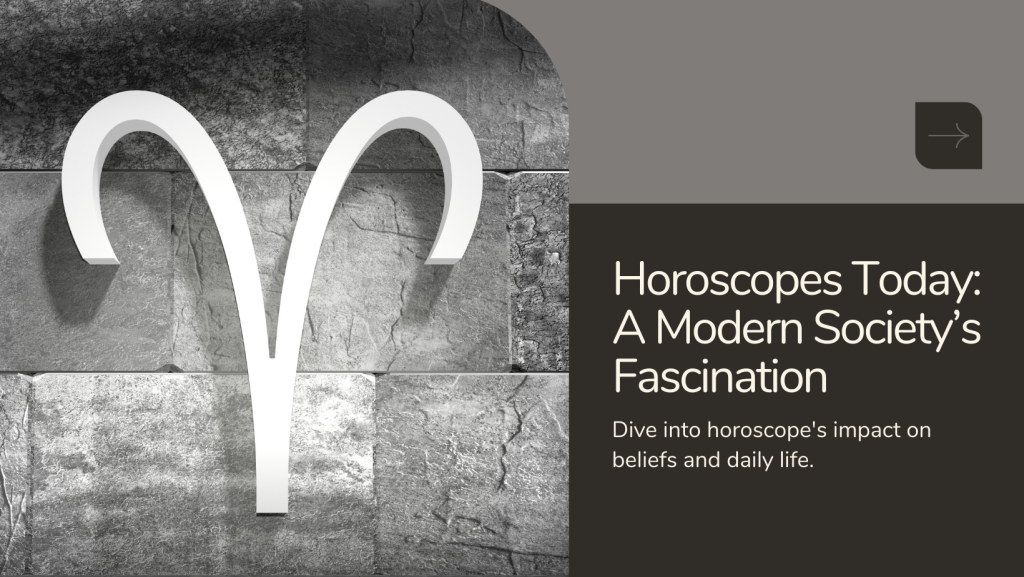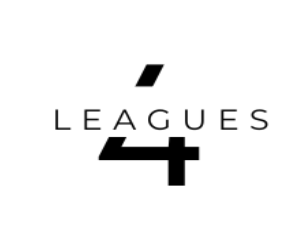In today’s modern society, the influence of horoscopes is pervasive, with millions of people around the world turning to astrology for guidance, insight, and entertainment. While some view horoscopes as harmless fun, others take them seriously, using them as a tool for self-reflection, decision-making, and planning. The widespread popularity of horoscopes raises questions about the role of astrology in shaping beliefs and practices in contemporary culture.
For many individuals, horoscopes serve as a source of comfort and reassurance in uncertain times, offering a sense of stability and predictability in an ever-changing world. By providing personalized forecasts and insights into various aspects of life, including love, career, and health, horoscopes offer a sense of guidance and direction that can be comforting and empowering.
Moreover, horoscopes provide a framework for understanding and interpreting the complexities of human relationships and interactions. By analyzing the compatibility of different zodiac signs, horoscopes offer insights into the dynamics of romantic partnerships, friendships, and family relationships, helping individuals navigate the intricacies of social interactions and communication.
However, the influence of horoscopes extends beyond individual beliefs and practices to broader cultural trends and phenomena. In popular culture, astrology has become increasingly mainstream, with horoscopes featured in newspapers, magazines, and online publications, as well as on social media platforms such as Instagram and Twitter. Celebrities and influencers often share their zodiac signs and horoscope readings with their followers, further fueling interest and engagement with astrology among the general public.
Despite its widespread popularity, astrology and horoscopes remain a subject of debate and controversy. Critics argue that horoscopes lack scientific validity and are based on unfounded beliefs and superstitions. Skeptics point to the lack of empirical evidence supporting the claims of astrology and argue that the positions of celestial bodies have no bearing on human behavior or destiny.
However, proponents of astrology contend that horoscopes offer valuable insights into human psychology and can help individuals better understand themselves and their relationships. They argue that while astrology may not be a science in the traditional sense, it offers a unique perspective on the interconnectedness of the universe and our place within it.
In conclusion, the influence of horoscopes in modern society is undeniable, with millions of people around the world turning to astrology for guidance, insight, and entertainment. Whether viewed as a form of entertainment or a source of personal growth and reflection, horoscopes continue to captivate the human imagination and inspire wonder and curiosity about the world around us.




